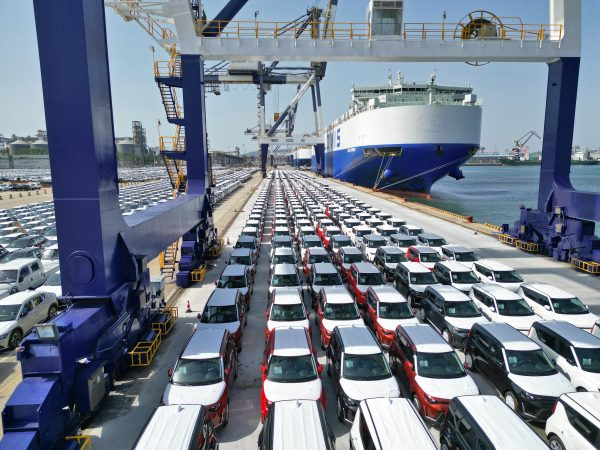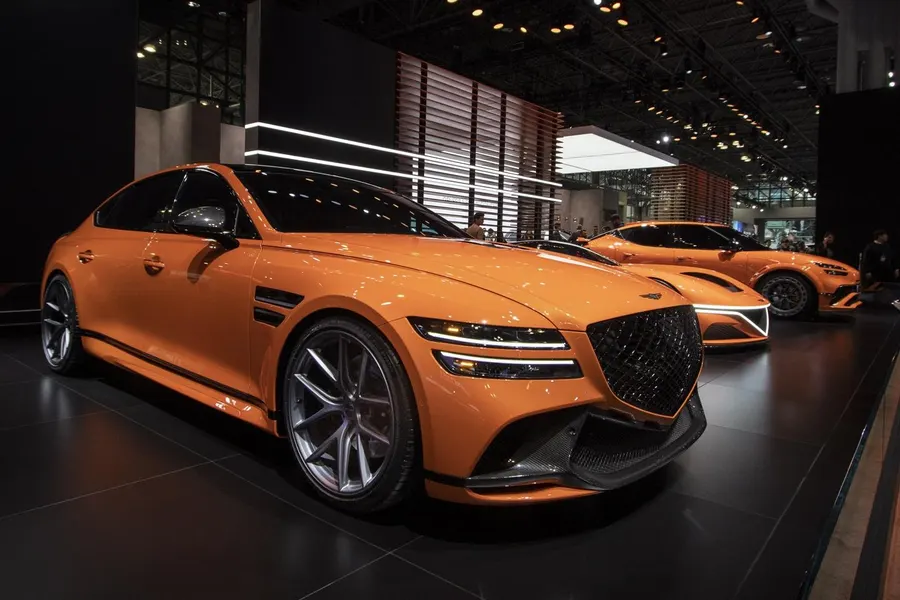The automotive industry is undergoing a significant transformation as electric vehicles (EVs) gain momentum globally. As environmental concerns and technological advancements intersect, electric cars are not just a trend—they are the future of transportation. This article delves into how electric cars are revolutionizing the auto industry, exploring the implications for manufacturers, consumers, and the environment.

The Rise of Electric Vehicles
Electric vehicles have been around for decades, but recent years have seen a dramatic increase in their popularity. The primary keyword, “electric cars,” now dominates conversations about the future of transportation. With major automakers like Tesla, Ford, and General Motors investing heavily in EVs, the market is expected to grow exponentially.
Key Factors Driving the Shift
Several factors are driving the shift towards electric cars:
- Environmental Concerns: With global warming and pollution on the rise, consumers and governments are increasingly looking for greener alternatives. Electric cars produce zero emissions, making them a more environmentally friendly option compared to traditional gasoline-powered vehicles.
- Technological Advancements: Innovations in battery technology have significantly improved the range and efficiency of electric vehicles. Today’s EVs can travel hundreds of miles on a single charge, making them a viable option for long-distance travel.
- Government Incentives: Many governments offer incentives for purchasing electric cars, including tax rebates and subsidies. These incentives make EVs more affordable for the average consumer.
- Rising Fuel Costs: As the price of gasoline continues to rise, more consumers are turning to electric cars as a cost-effective alternative.
Impact on the Auto Industry
The rise of electric cars is having a profound impact on the auto industry. Manufacturers are rethinking their strategies and investing in new technologies to stay competitive.
Shift in Manufacturing Processes
Traditional automakers are being forced to adapt to the new reality of electric vehicles. This shift involves retooling factories, retraining workers, and developing new supply chains for batteries and other components unique to EVs.
- Battery Production: The battery is the heart of any electric vehicle, and its production has become a critical area of focus. Automakers are partnering with battery manufacturers to secure a steady supply of high-quality batteries, which are essential for the performance and range of EVs.
- Supply Chain Adjustments: The production of electric cars requires different materials and components than traditional vehicles. This has led to a reconfiguration of supply chains, with a greater emphasis on sourcing materials like lithium, cobalt, and nickel.
Consumer Adoption and Market Growth
Consumer acceptance of electric cars is growing rapidly. According to recent studies, the global electric vehicle market is expected to reach over 30 million units by 2030. This growth is driven by increased consumer awareness, the availability of a broader range of EV models, and improvements in charging infrastructure.
Overcoming Challenges
Despite the rapid growth, electric cars still face several challenges that need to be addressed:
- Charging Infrastructure: While charging stations are becoming more common, they are still not as ubiquitous as gas stations. Expanding the charging infrastructure is essential to supporting the widespread adoption of electric vehicles.
- Range Anxiety: Although battery technology has improved, many consumers still worry about the range of electric vehicles. Continued advancements in battery efficiency and the development of fast-charging technology are critical to alleviating these concerns.
- Cost: While the cost of electric vehicles is decreasing, they are still more expensive than traditional cars. However, as battery costs decline and government incentives continue, electric cars are expected to become more affordable.
The Environmental Impact
Electric vehicles are touted as a key solution to reducing greenhouse gas emissions and combating climate change. By replacing gasoline-powered vehicles with electric ones, we can significantly reduce our carbon footprint. Additionally, as the electricity grid becomes greener with more renewable energy sources, the environmental benefits of electric cars will only increase.
The Future of Electric Cars
The future of the auto industry is electric. With continued advancements in technology, growing consumer demand, and increasing government support, electric cars are poised to dominate the market in the coming years. Automakers that embrace this change will thrive, while those that resist may find themselves left behind.

